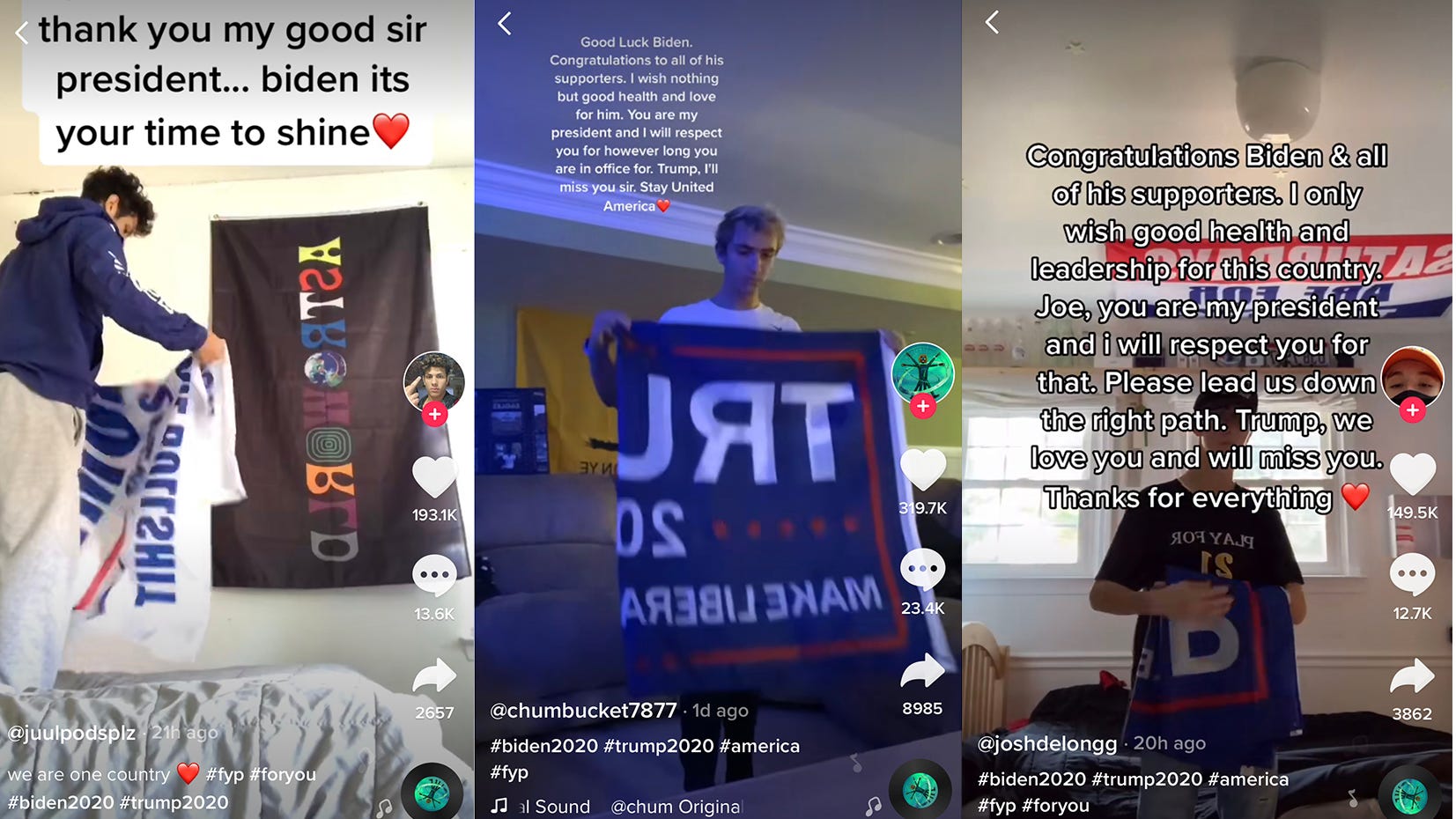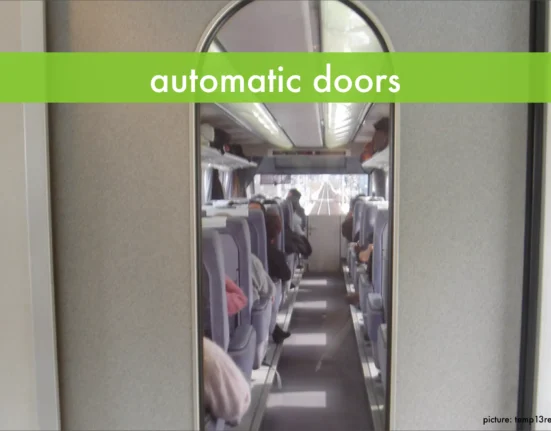“We pretty much have a deal,
” President Trump confidently declared, hinting at a potential resolution to the TikTok saga that has gripped the tech world. The looming question remains – will the US finally have its own version of the popular app, or are there more hurdles ahead?
The intricate dance between Trump’s administration and Chinese authorities over TikTok’s fate has been nothing short of dramatic. Despite initial optimism from Trump about sealing a deal beneficial for both countries, doubts linger over China’s willingness to agree.
“
I’m not confident, but I think so,” conceded Trump when asked about China’s stance on the proposed deal. The push and pull between economic interests and national security considerations have further complicated negotiations.
The backdrop of a simmering trade war adds another layer of complexity to the situation. Recent escalations in AI chip curbs and tariff threats underscore the broader tensions between the two economic powerhouses.
As discussions continue, concerns loom over ByteDance’s ownership stake in TikTok post-acquisition. Striking a delicate balance that addresses data privacy concerns while keeping all parties satisfied remains a significant challenge.
Amidst these uncertainties, preparations for a US version of TikTok are underway. A consortium led by Oracle is poised to take over operations, with plans to launch the revamped app in September.
Transitioning millions of users to this new platform comes with its own set of challenges. Technical glitches could mar user experience, potentially driving them towards alternative platforms if issues persist.
For ByteDance, relinquishing control over its US user base could impact its global expansion plans significantly. The success of TikTok Shop as a key revenue stream hinges on maintaining user engagement across regions.
However, resistance from China towards approving any deal involving TikTok’s algorithm raises doubts about the feasibility of Trump’s proposed solution. The strategic value attached to this technology makes it a contentious issue in negotiations.
Experts weigh in on China’s reluctance to greenlight such an agreement. Alex Capri points out that Beijing views algorithms as critical assets not easily exported, highlighting potential roadblocks ahead in finalizing any transaction involving TikTok.
With deadlines looming and stakes high for all parties involved, the fate of TikTok hangs in the balance. As users brace for changes that could reshape their digital presence and livelihoods, one thing remains clear – uncertainty continues to cloud what lies ahead for this social media giant.









Leave feedback about this